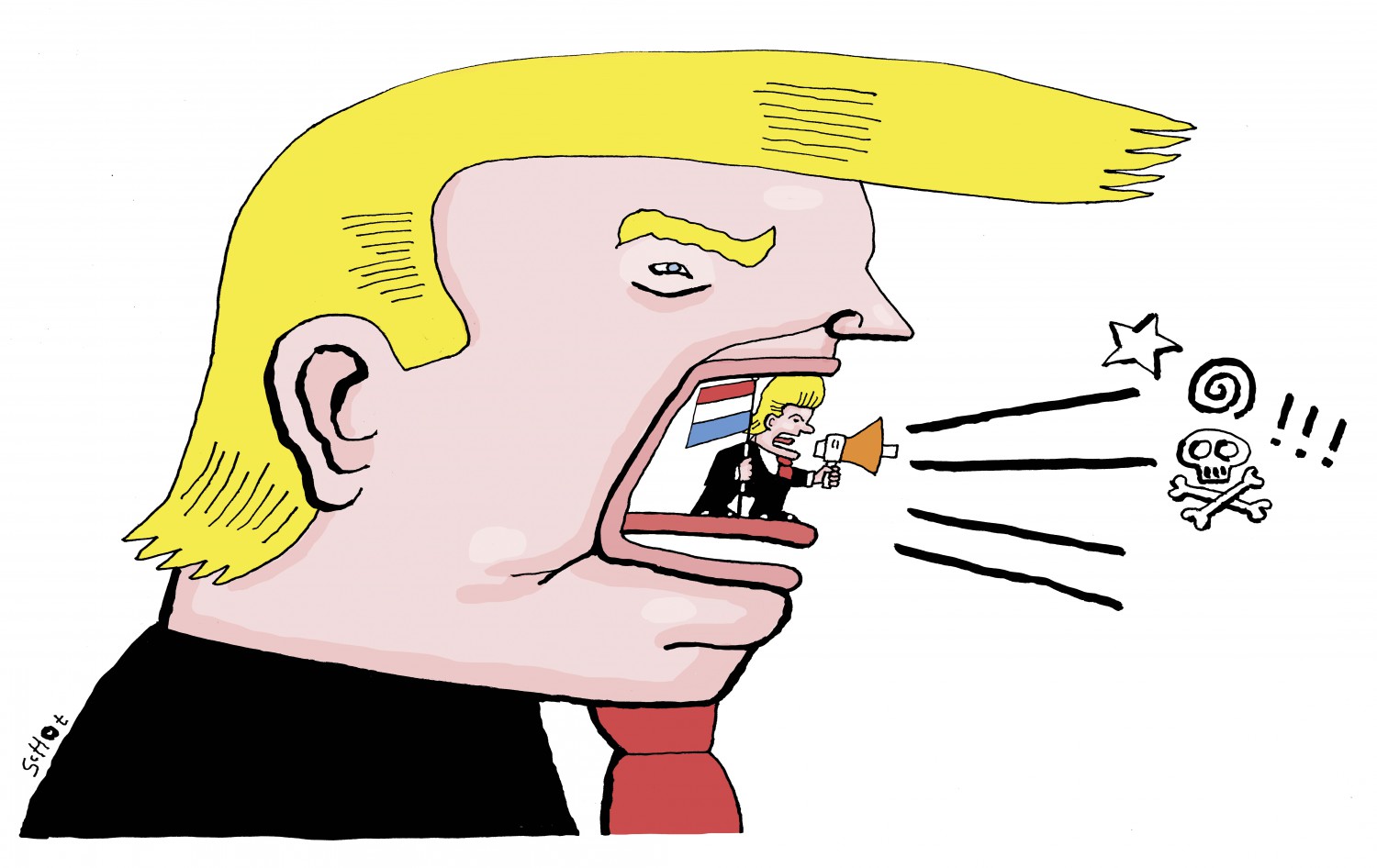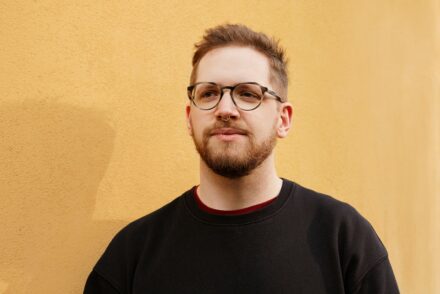Populism to the people
Populism is on the rise. Dutch populist party PVV might become the biggest after the coming elections. Something to be scared of, or is populism a healthy reaction to actual problems? Univers talks with political expert Julien van Ostaaijen.
March 15th is an important day in the Netherlands. Not because it’s Eva Longoria’s birthday, or the day that Julius Caesar was brutally murdered, but because it is the day of the Dutch elections. Elections that might well, for the first time, bring large victories to Dutch populist party PVV (Party of Freedom). But what has caused this rise in popularity? And is populism as negative as some make it out to be? Dr. Julien van Ostaaijen, researcher for the Tilburg School of Politics and Public Administration, shares his views on the pros and cons of populism.

What is populism?
There seems to be a general agreement that populism is rising in popularity, but when asked to define it, answers seem less unified. “Populism can be tricky to define, because it is subject to so many different interpretations. However, slowly but surely, researchers seem to come to an agreement about a broad definition. Populism could be defined as a style of politics in which the homogenous concept of ‘the people’ is central. Its interests then have to be defended against practices of the reigning political or economic elite, as well as external threats, like immigrants.”
Dutch elections
In the Dutch political playfield, the one party that seems to be particularly fond of criticizing the ‘political elite’ and immigrant policies, is the Party of Freedom (PVV), with the infamous Geert Wilders as its front man. With its strong views on immigration and national security, PVV is now promising to become the biggest party in the upcoming elections, according to the polls. However, there is no need to fear that the Netherlands will also adopt Trumpian politics. The Dutch political system is one of multiple parties -the house of representatives currently exists of eleven different parties- making it virtually impossible for one party to make drastic changes to the nation’s policies.
‘At least strategic voters have thought their vote through’
Strategic votes
Nonetheless, many voters are so adamant about preventing that the PVV gets any power at all, that they are considering voting for the second largest party, VVD, rather than the party that best fits their personal beliefs. The VVD is now the runner-up in the polls and has, conveniently, also promised that they will refuse to cooperate with the PVV. A considerable amount of voters might therefore vote for VVD, simply to prevent the PVV from getting any place at all in the House of Representatives. Some suggest that such strategic votes might be a threat to democracy, but Van Ostaaijen does not agree with this view. “As a voter, it is your right to vote according to your own needs. If it is in your personal interest that PVV does not gain the majority of the votes, then that provides a solid reason to vote for its direct competition. Personally, I would be more concerned if people didn’t consider what party best represents their interests at all. At least strategic voters have thought their vote through.”
Promises
However, Van Ostaaijen is not entirely convinced that VVD will keep its promise not to cooperate with PVV. “Research has shown that a lot of parties are willing to cooperate with such parties, if it means that they can realize some of their own initiatives. In addition to that, situations always change after the elections. Once PVV is actually in a position of power, they will be forced to find a way to cooperate and make compromises. Every populist in that position will have to find a balance between being crude on the one hand, to please the voters, but willing to cooperate on the other hand. We haven’t really seen the latter from Wilders yet, so it will be interesting to see what changes after the elections.”
Rise in popularity
Just four years ago, PVV received less than half the votes it is expected to receive coming elections. What could explain such a rise in popularity for the populist party? According to Van Ostaaijen, there isn’t one clear reason for this. “One of the explanations could be the general distrust that people feel towards politicians. There have been some scandals considering individual politicians in the Netherlands in recent years, and research has shown that even though the Dutch are very content with their democracy, the trust they have in individual parties and politicians is shockingly low. The fact that new, populist parties are critical towards the more established parties and their way of governing, might play into that distrust.”
Though criticizing might just be a strategy, it can actually be a very useful tool for democracy. “The fact that newer, more populist parties like PVV gain a lot of popularity does imply that there are issues that worry voters, which are not being addressed by existing parties. A good democracy needs new parties every once in a while to provide new insights. After all, established parties have functioned in the same system for a while and they have cooperated for quite some time. New parties are more likely to question issues that older parties won’t notice.”
Slow process
Whether criticisms actually bring about any change is hard to say. “I personally haven’t seen any parties bring about any change when it comes to the actual execution of politics. There have definitely been changes when it comes to policies, but not to the way the political system functions. Many new parties quickly discover that it is much easier to criticize than it is to find solutions. They find out that making policies and governing is actually much harder and slower and that it’s not so easy to make changes.” This might well be another reason why existing parties are less quick to criticize. After all, they know from experience how hard it can be to actually make a change.
Democratic institutions
Thus, it seems populist parties might have more advantages than meet the eye. However, there are also some developments that worry Van Ostaaijen. “In my opinion, anti-establishment parties can be as anti-establishment as they want to be, as long as they don’t turn against the system. Things like criticizing the independent judiciary are not okay in my book. Everyone is welcome to say that politicians have to change their ways completely, but once they try to harm such democratic institutions simply because something isn’t going their way, like Trump or Wilders do, it can be extremely harmful. On the short term it can harm the trust that people have in their democracy as a whole, and that is not something politicians should be causing for no reason.”
‘Be as anti-establishment as you want to be, but don’t turn against the system’
The future of Europe
One democratic institution that seems to be a hot topic on the agenda of most populist parties, is Europe. “Criticism on the European Union is acceptable. In fact, political parties are expected to have ideas on the future of Europe.” Not just populist parties, but several other political parties are wondering how much of a future Europe has if it stays the way it is. “Of course populist parties are often looking to create a common enemy, and they have every right to do so. They are expected to express their ideas about Europe, and I do think that some parties genuinely want to leave the European Union, without it being a strategy. I would personally regret it if the European Union would fall apart, but the ball is now in the court of traditional parties to prove that the criticisms are unjustified. Of course, criticism always comes quicker than change does, but the European Union doesn’t really show any sign of upcoming change, and that is a risk. The criticism goes further than just the populist parties, and the EU should really try to listen to it.”







